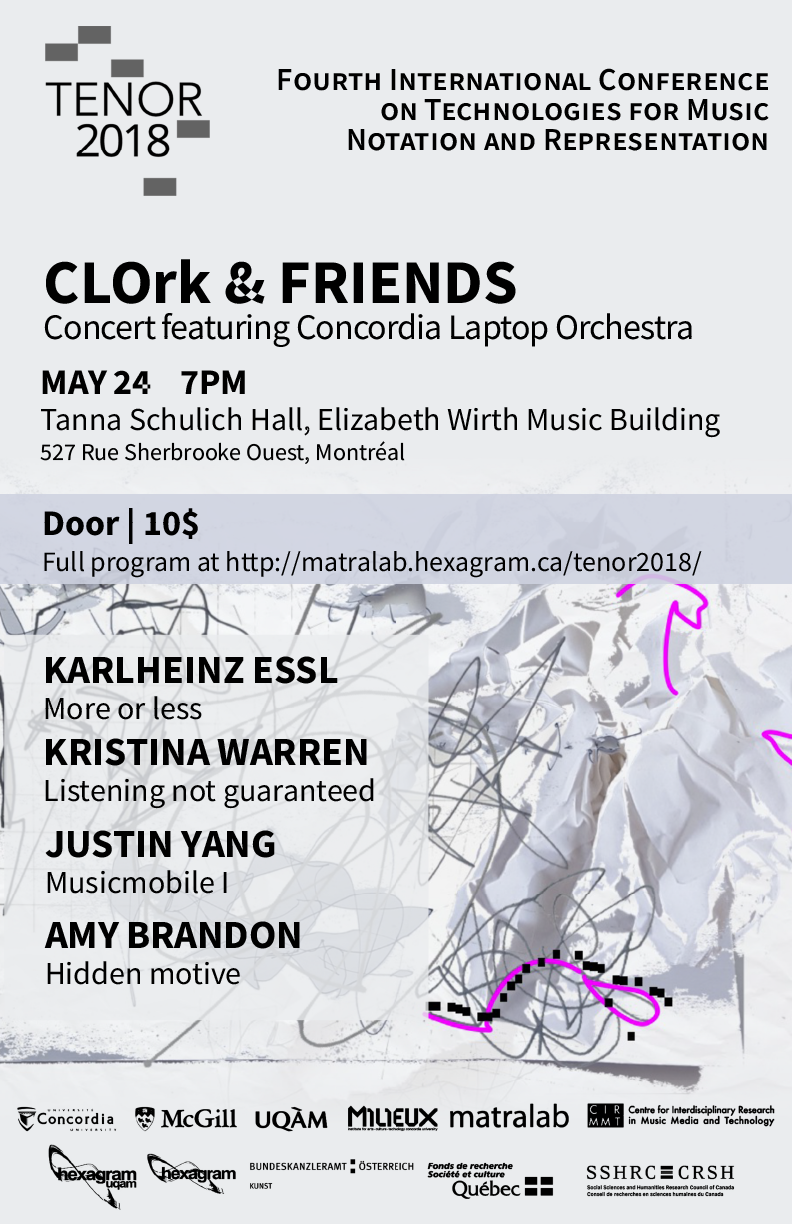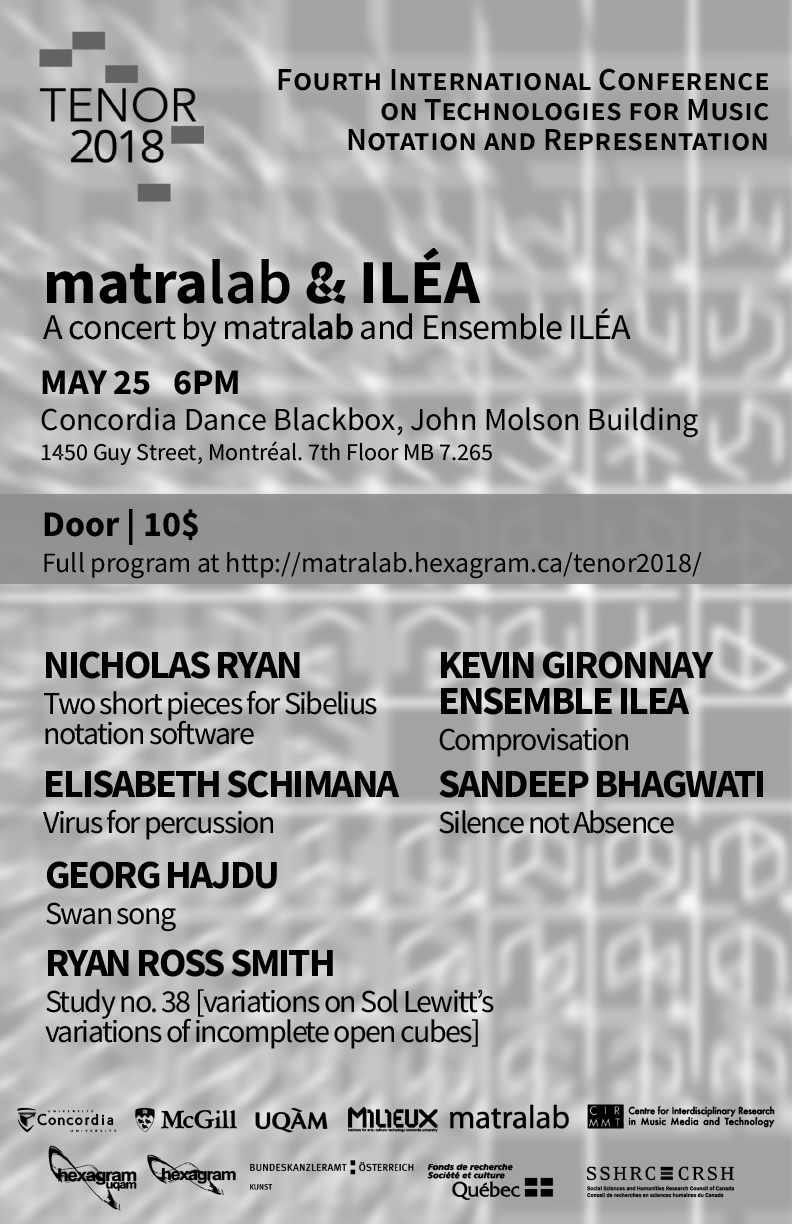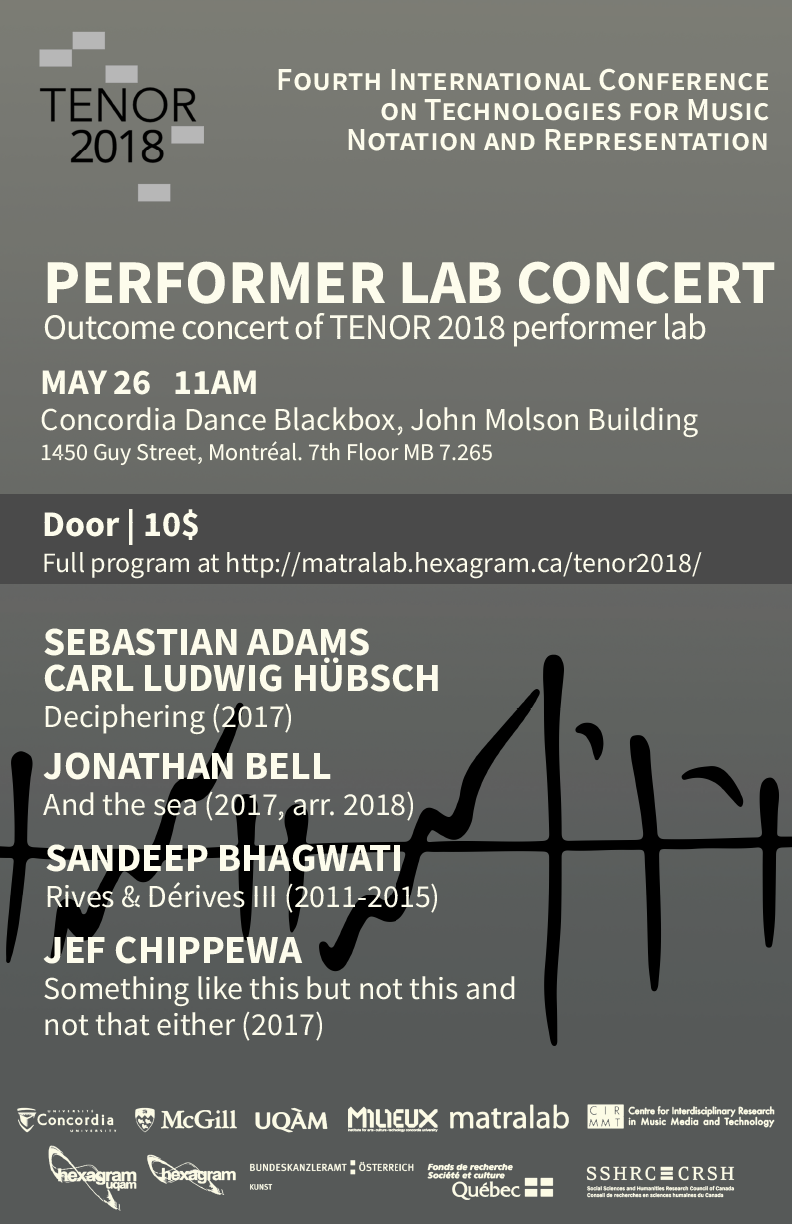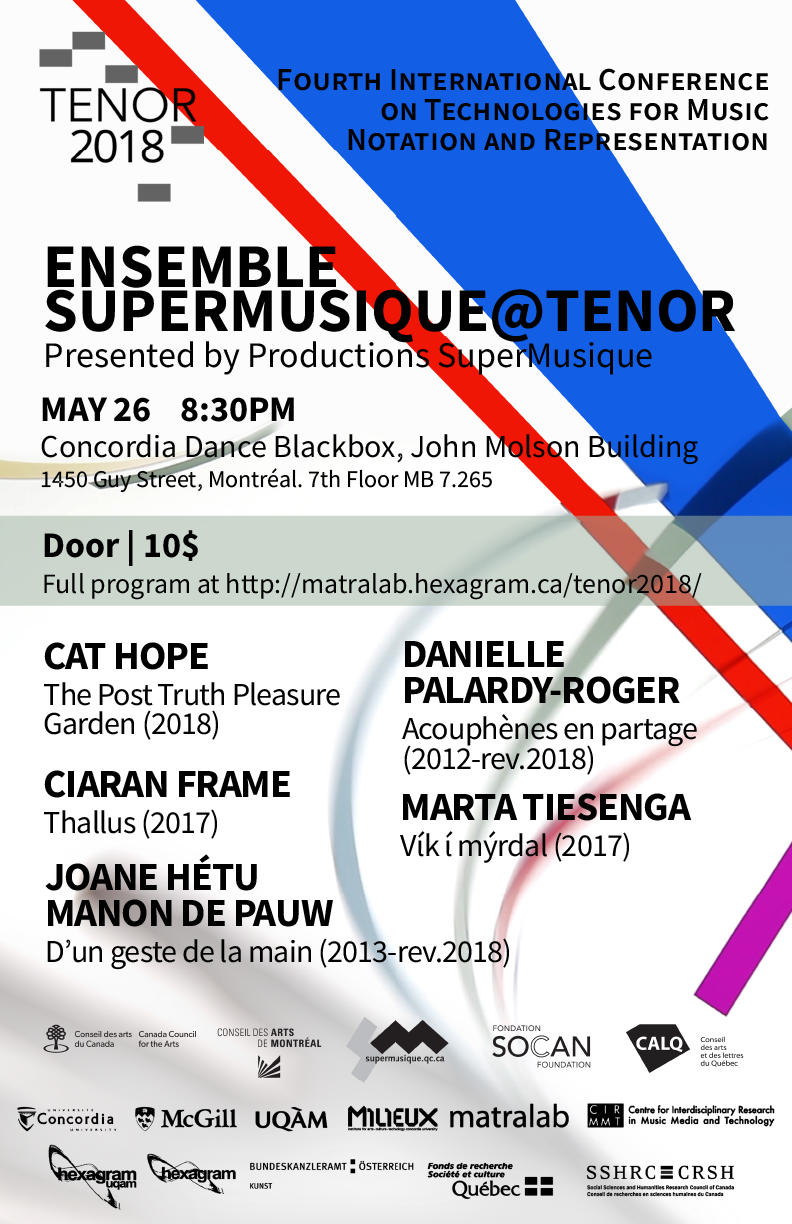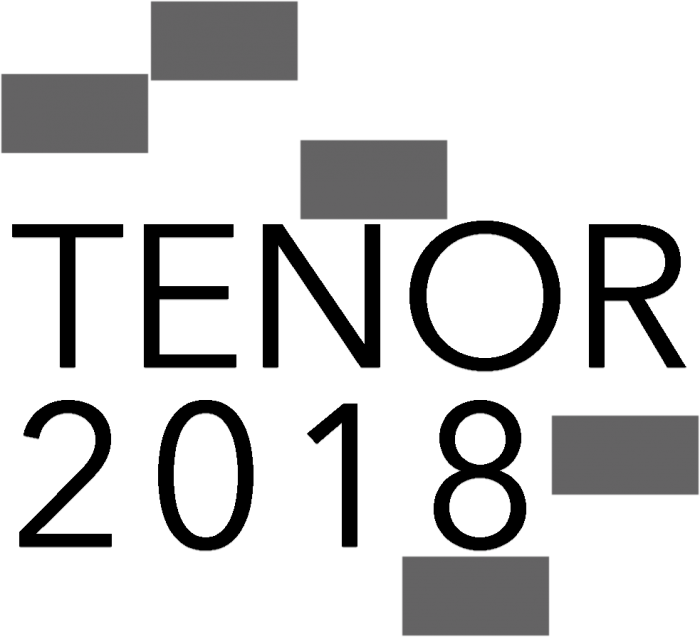
Fourth International Conference on
Technologies for Music Notation and Representation
Montréal – May 24-26, 2018
Tenor ’18 Media
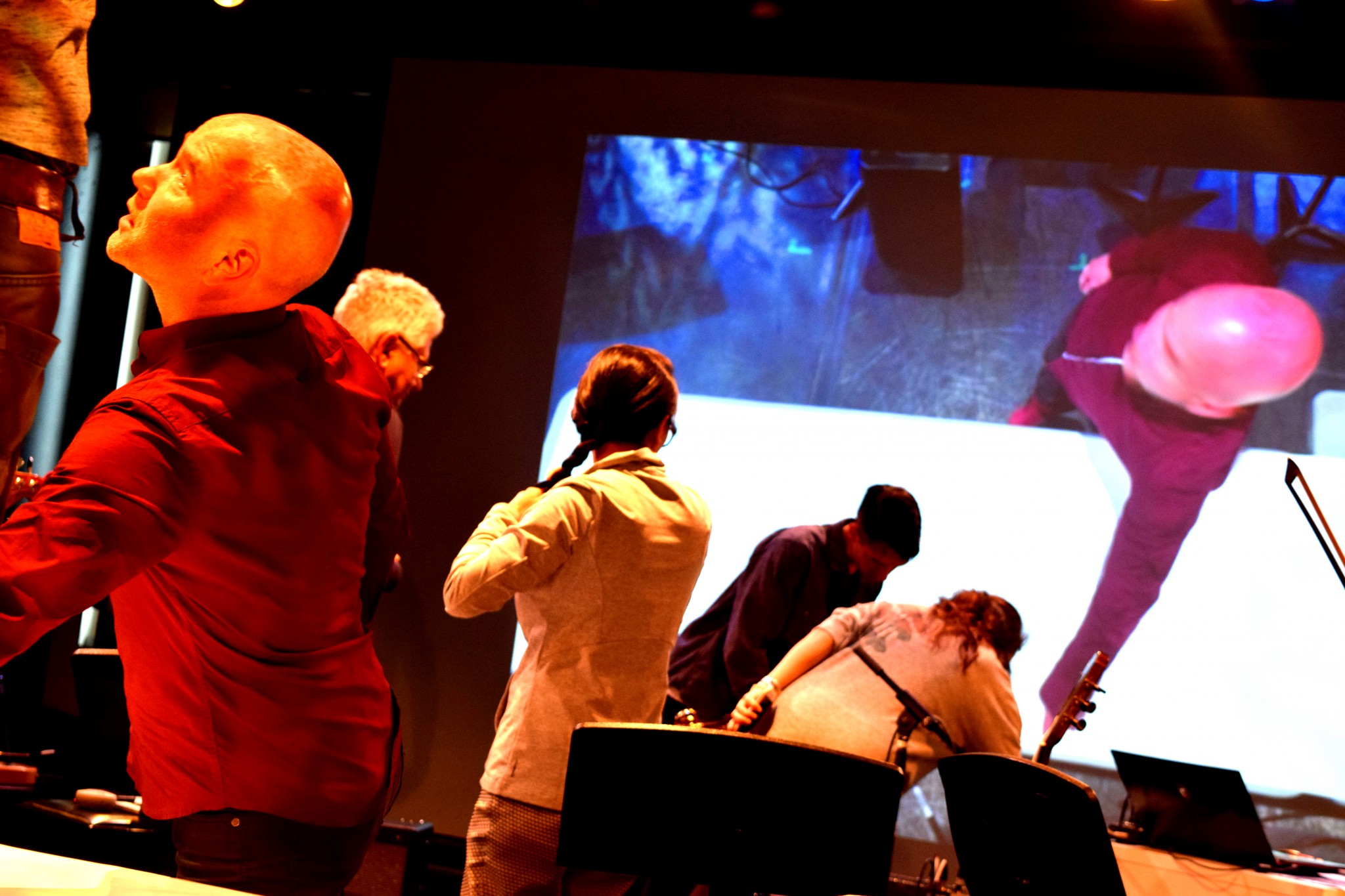
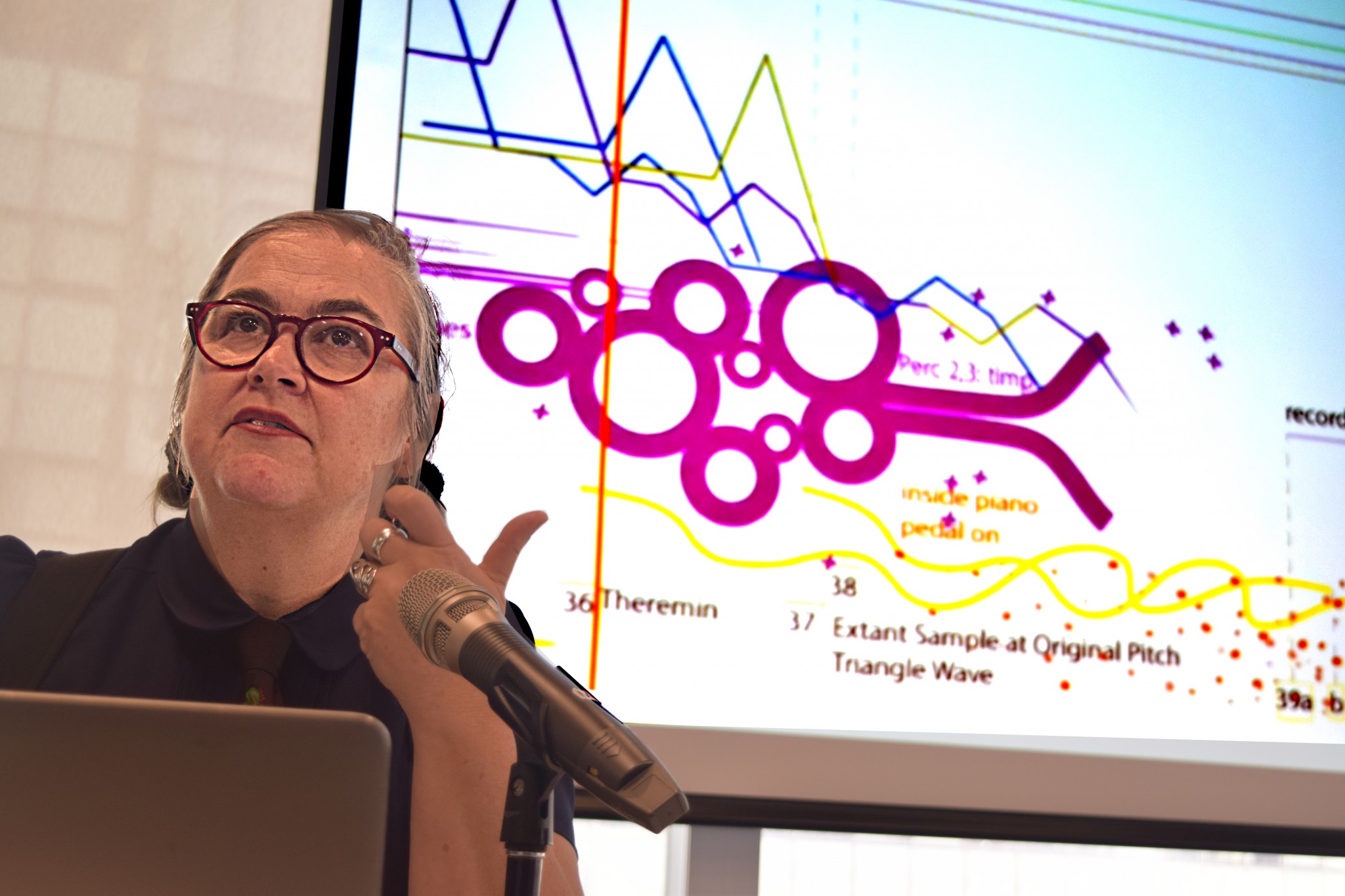
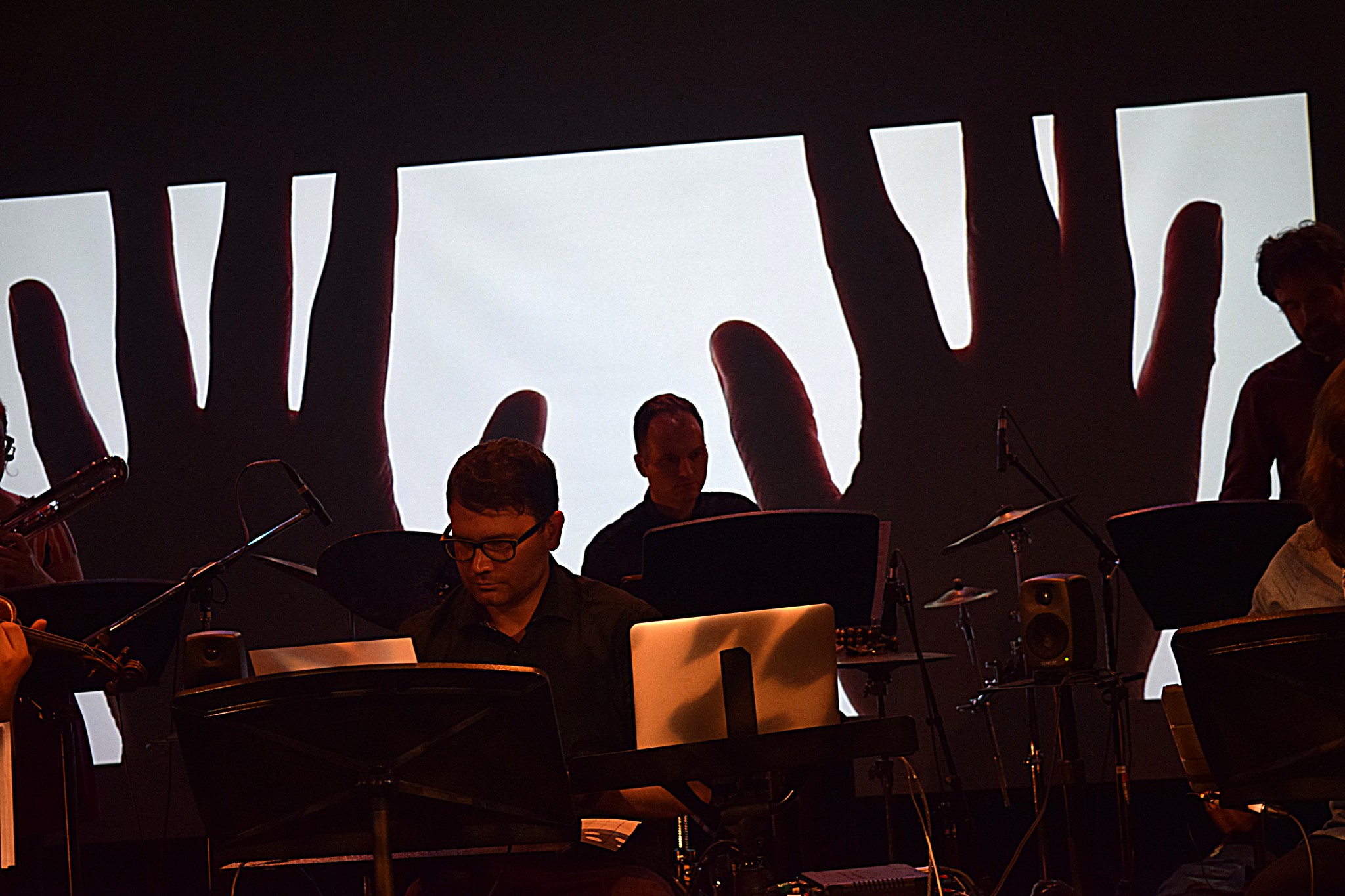
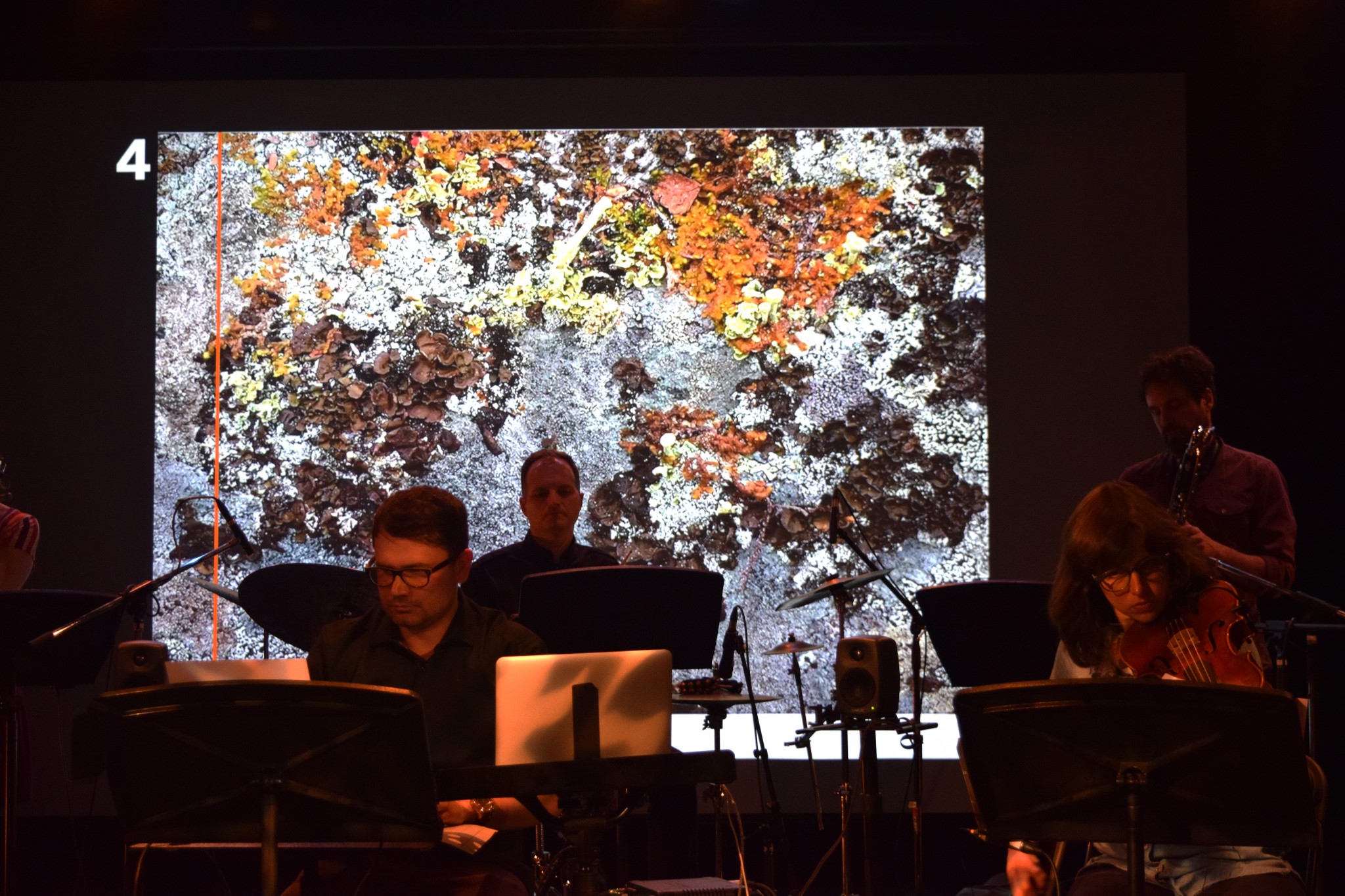
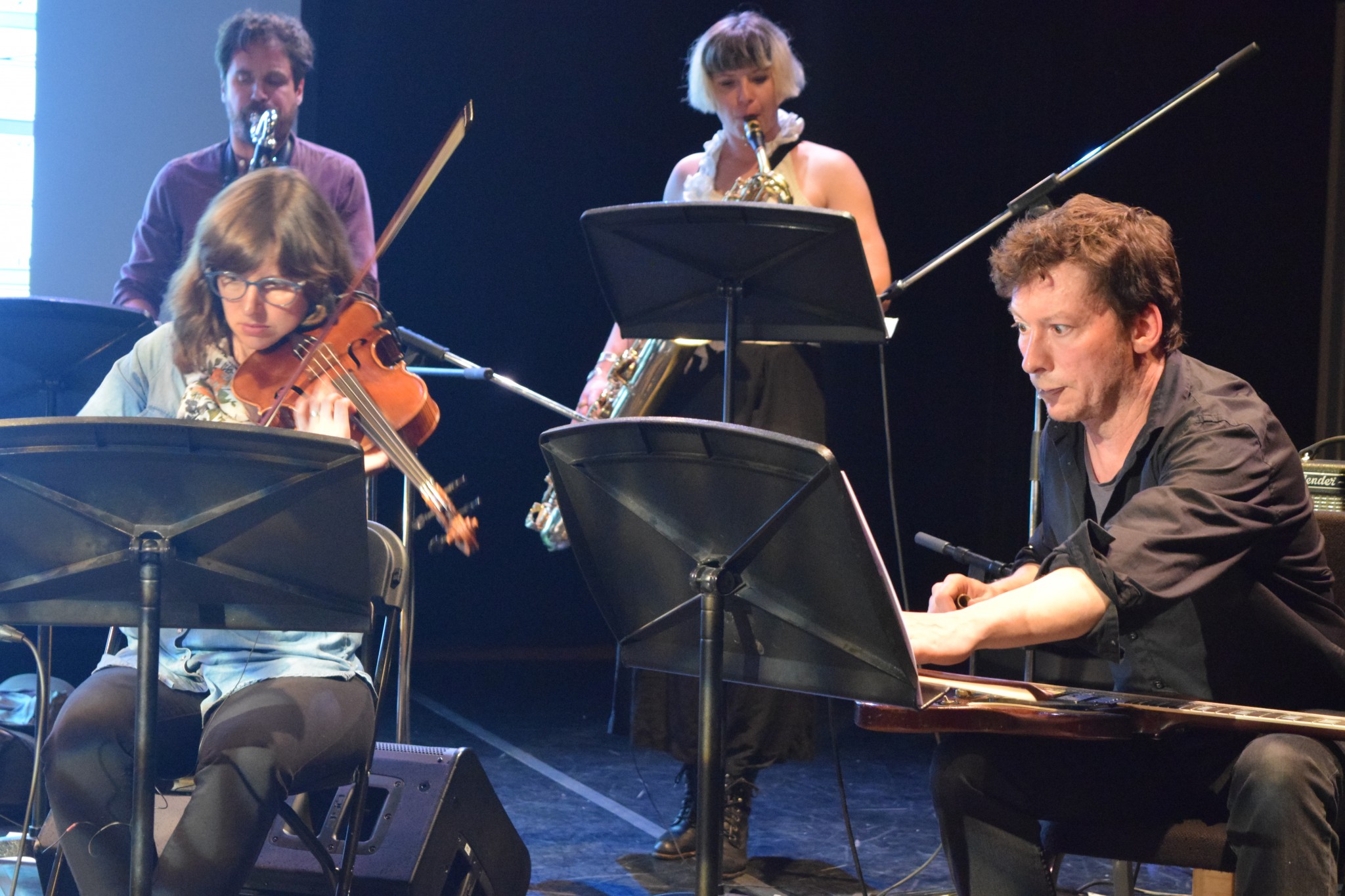
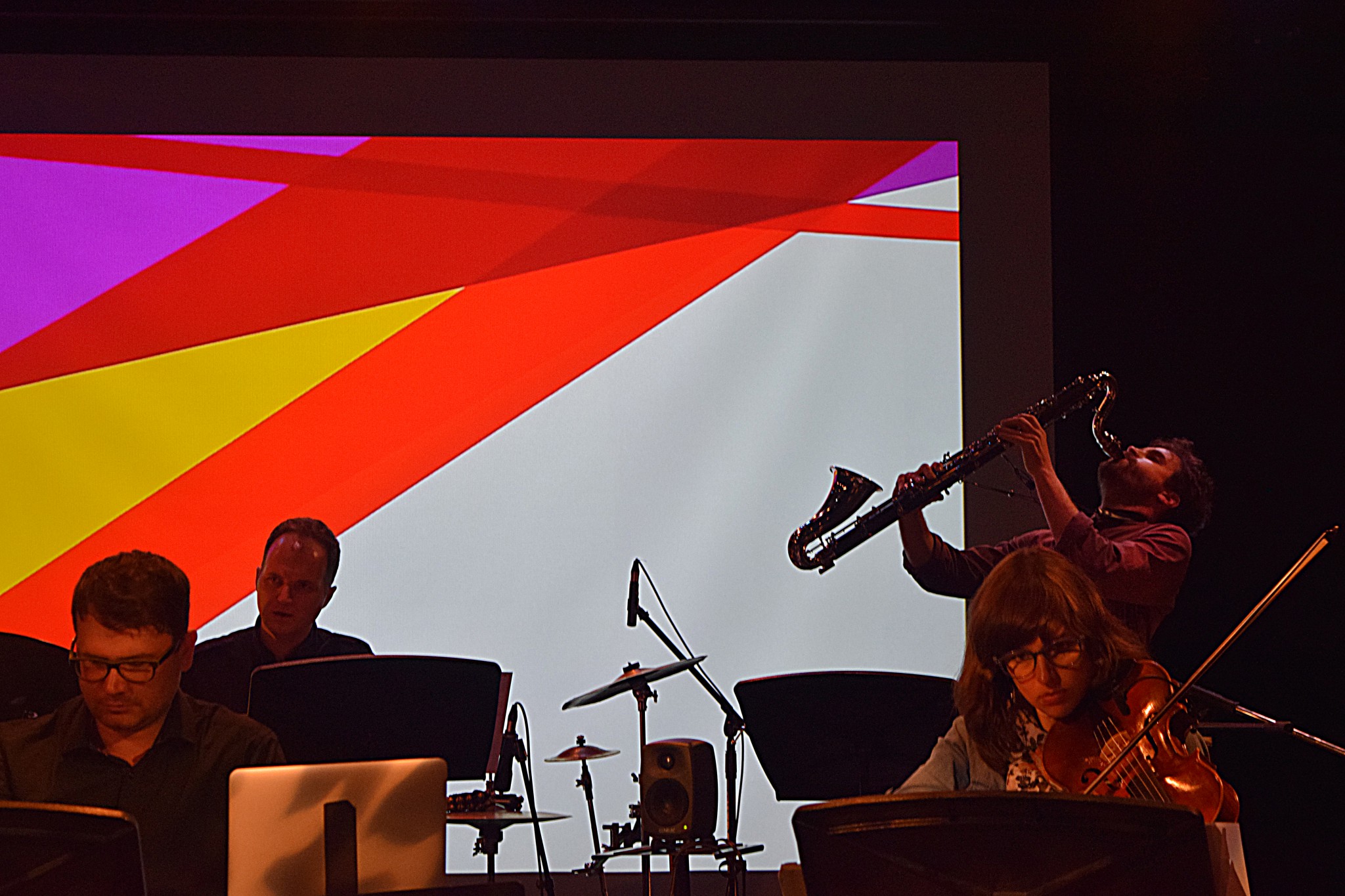
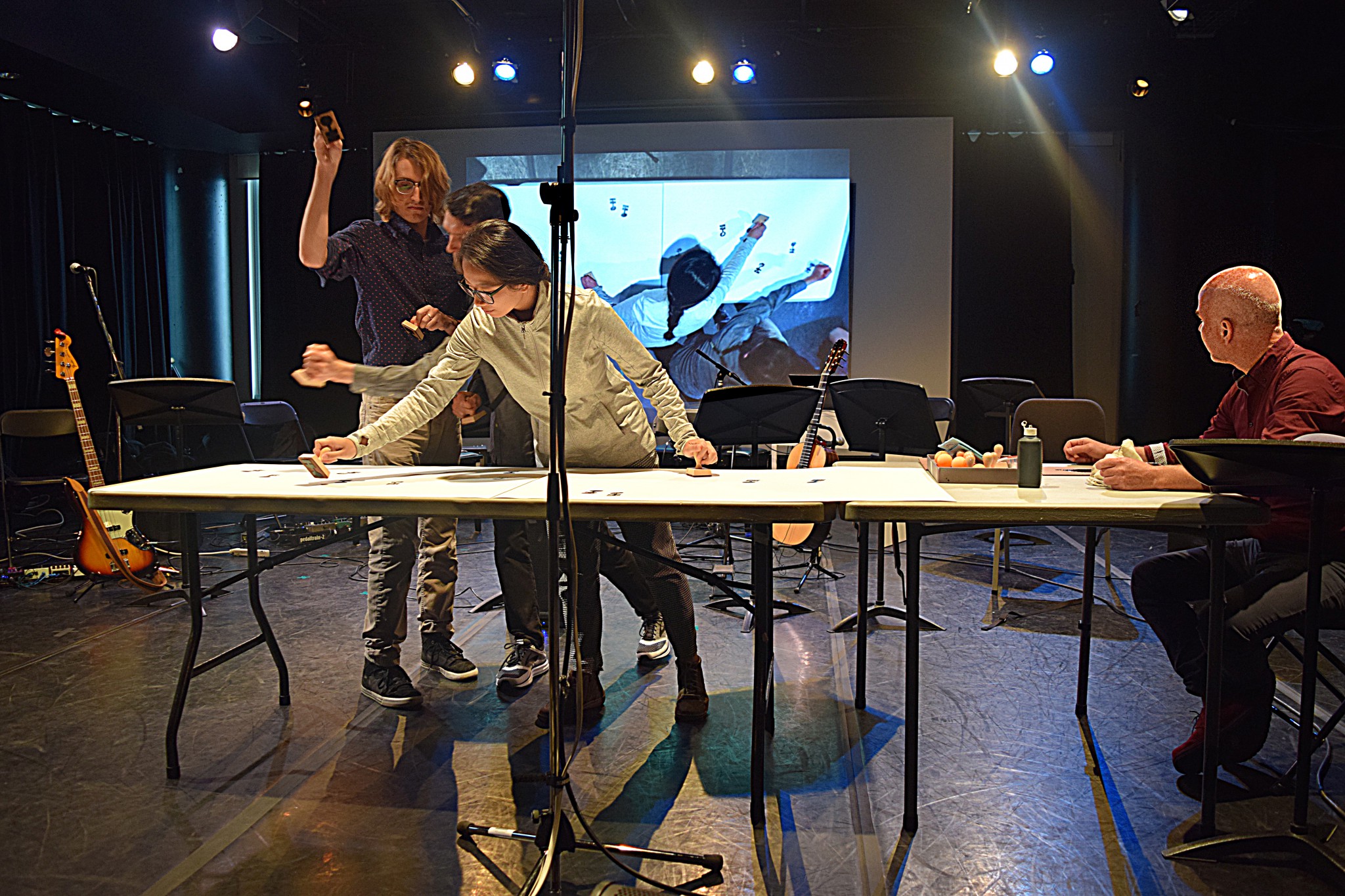
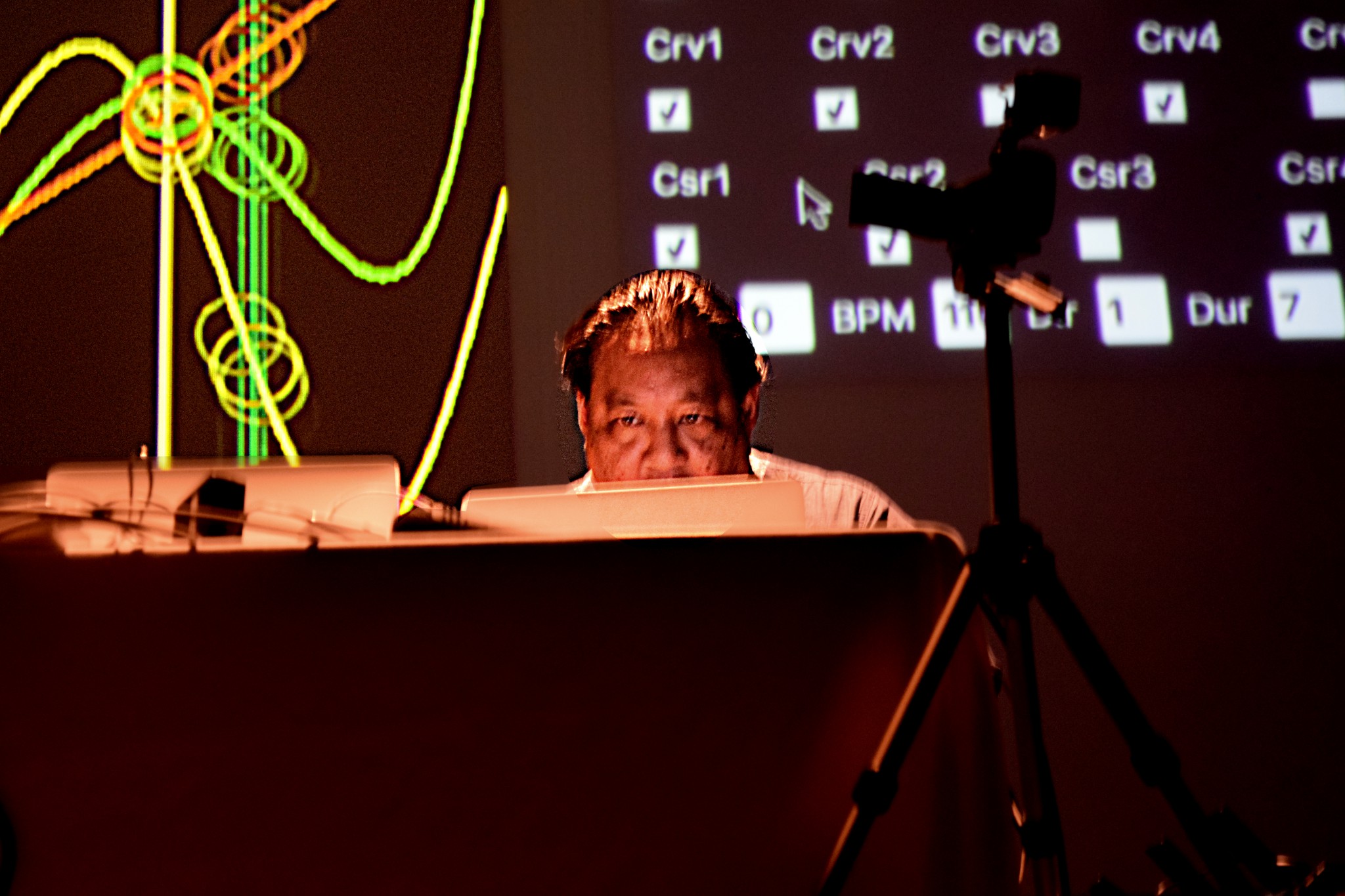
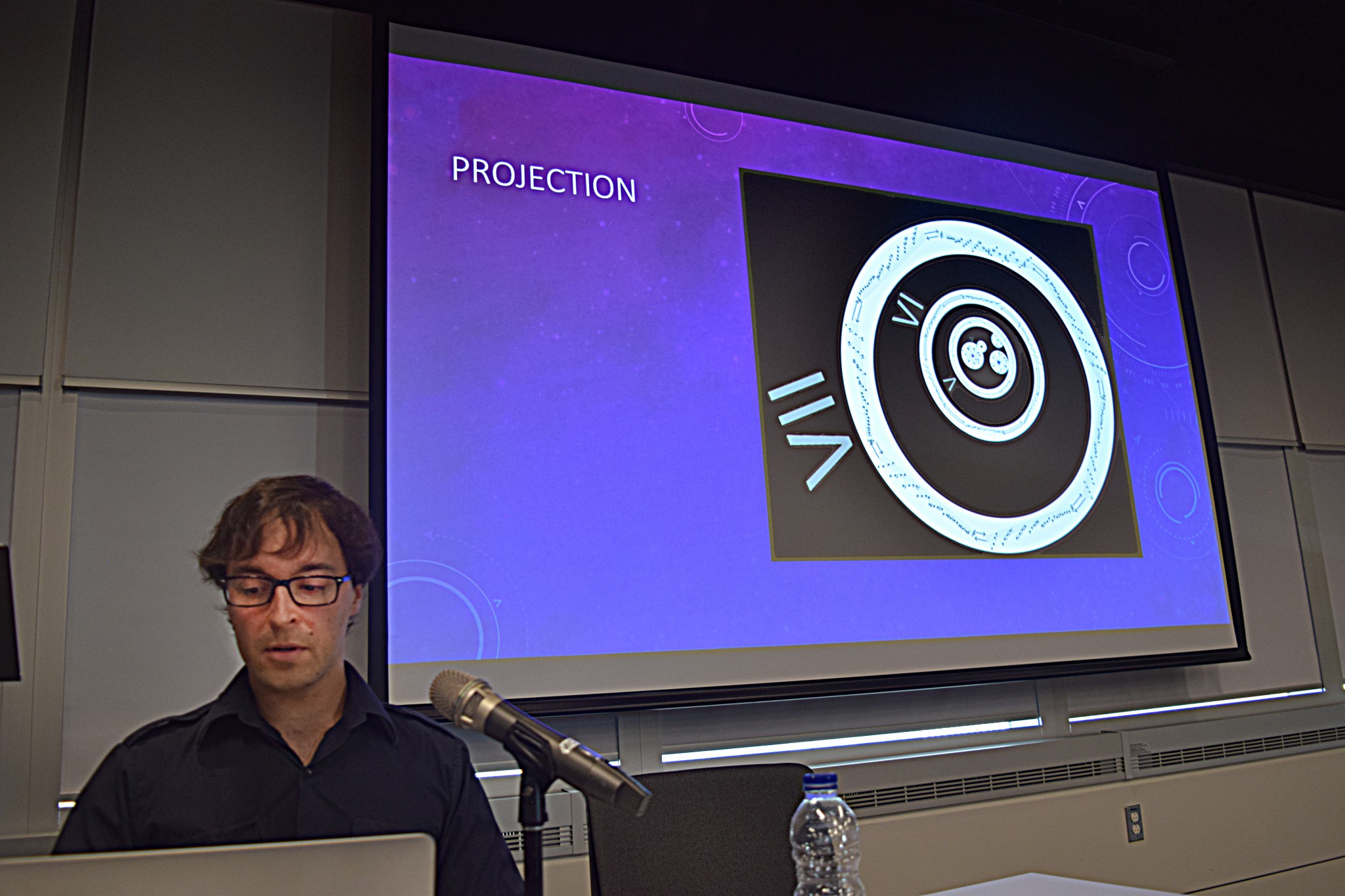
Concerts
About
The first three TENOR conferences (2015 Paris, 2016 Cambridge, 2017 A Coruña) have established the growing relevance of emergent technologies of notation and representation for a wide range of musical practices: composers, performers, theoreticians, performance researchers, historians, ethnomusicologists, archivists etc.
The term “Technologies of Notation and Representation” encompasses the two principal modes of approaching performing arts by way of another medium: in order to either provide performers with a set of references or instructions that guide their performance (notation); or in order to de-ephemeralize (mostly: visualize) performance praxis for offline analysis or archiving (representation).
The core conference will be three-days long, one day at each university. In keeping with methodologies of research-creation, we will issue a call for scores alongside the call for papers. Works selected will be presented in workshop concerts / readings by well-known local ensembles such as Ensemble Supermusique, Quatuor Bozzini, and CLOrk (Concordia Laptop Orchestra). We will also offer, in parallel, a 5 day Performers’ Lab, for performers from all traditions interested in expanding their practice by performing scores that use new notational technologies.
Themes
The fourth TENOR conference will continue to offer a lively forum for current research into situative scores, softwares, hardwares, performance practices and theories of music notation and representation, but we also intend to expand the scope of the conference by calling for papers on:
- critical, aesthetic and sociological examinations of the interactions between new notation technologies and performance
- notation technologies for non-eurological and/or non-art music (incl. never-before-notated music)
- notation/representation technologies for time-based arts beyond music (dance, performance art, theatre, circus arts, animation, film etc.
- notations for space, gesture, movement etc.
- non-visual notation systems (tactile, aural, olfactory, etc.)
- digital games as notation (music as game)
- notation and neurocognition (how does music notation work? which interactions/relationships can exist between specific notation technologies and neurocognition?)
In addition to papers, TENOR 2018 also calls for musical works using animated, rule-based, reactive, interactive or other situational and technology-based scores, to be read or performed during the conference.
Full Program
Keynotes

Cat Hope

Elliott Sharp

Valarie Williams
Workshops
I. Georg Hajdu – Working with Maxscore
May 24, 2018
8:00AM – 11:00 AM
A-607, Wirth Music Building, 527 Sherbrooke Street West
This workshop is limited to 12 people. Please apply at matralab (at) concordia.ca
$20 registration fee for the workshop – Register
Participants are strongly urged to bring their own computers with Max installed; an Ableton Live installation would be an additional boon. MaxScore will be installed at the beginning of the workshop; all participants will also receive a temporary JMSL license, required to run MaxScore. If you have an iPad, please bring it to demo Maxscore’s network capabilities.
II. Daniele Ghisi – An Introduction to the bach family
May 25, 2018
9:00 AM -12:00 PM
Salle De Réunion, SB-4245 UQAM Montreal
This workshop is limited to 12 people. Please apply at matralab (at) concordia.ca
$20 registration fee for the workshop – Register
The workshop will introduce you to the world of “bach”, a Max library for real-time computer-aided composition, and of its related libraries “cage” and “dada”.
You will learn how to take advantage of bach to create and modify musical scores, and how to use them as timelines to control sound synthesis or other DSP processes. Scores can be used as symbolic buffers, to be recorded and played back. Traditional computer-aided composition processes will be presented, along with hints to more advanced capabilities (microtonality, constraint solving, quantization, meta-scores, database handling…). You will learn how to import/export data in MIDI and MusicXML format, and how to import SDIF analysis files. You will also learn the basics of how to handle bach nested lists, the hierarchical structures containing information about notation items and scores.
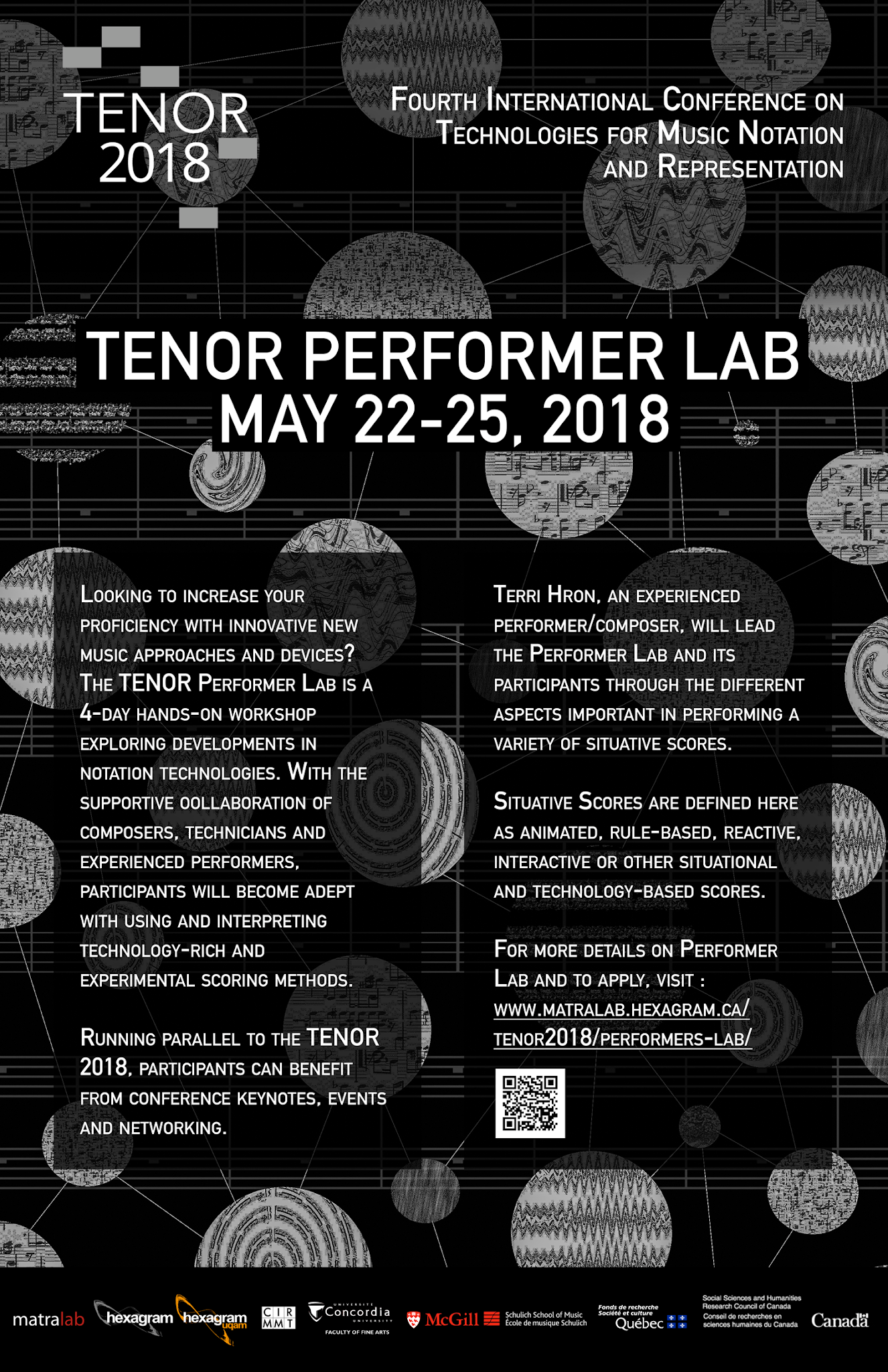
Tenor Performer Lab
May 22-26, 2018
TENOR 2018 offers a workshop for performers during which participants will study and learn selected situative scores. These will be presented at an outcome concert at the close of the TENOR conference, on May 26th.
Terri Hron, an experienced performer/composer, will lead the Performer Lab and its participants through the different aspects important in performing a variety of situative scores.
Situative Scores are defined here as animated, rule-based, reactive, interactive or other situational and technology-based scores.
The workshop comprises the following:
- aspects of the history and pedagogy of extended/situative scoring, including working on seminal pieces
- practical experience with scores that engage a different focus: auditive, visual and interactive
- discussions on working out the various (technological) challenges (we will have a tech coordinator on hand)
- study sessions of existing scores, scores by TENOR composers and scores from the TENOR 2018 conference call and keynote speakers
- workshops with two selected composers who will be present to rehearse and lead their pieces
Conference Registration
REGISTER
| Registration Fees | Can $ |
|---|---|
| Regular early bird (before March 15) | 120 |
| Regular late | 150 |
| Student early bird (before March 15) | 60 |
| Student late | 100 |
| Day Passes (incl. Workshop Readings) | 20 |
| Performers Lab registration | 150 |
Please note: We have been notified that our system sometimes does not accept credit card information. If you experience any difficulties processing your payment, please contact Jen Reimer, matralab (at) concordia.ca
Should you contact us about this problem before March 15, the early bird rate will always apply regardless of when we figure out your payment issue.











